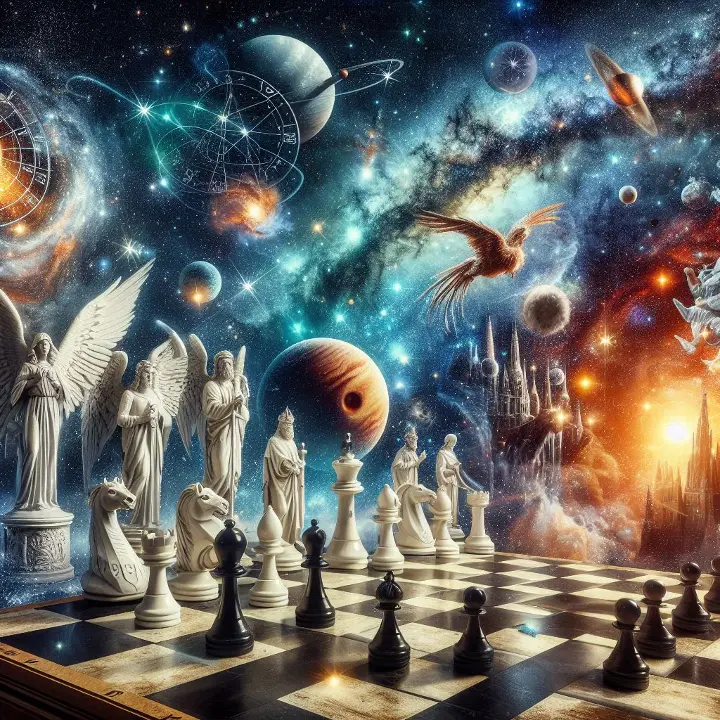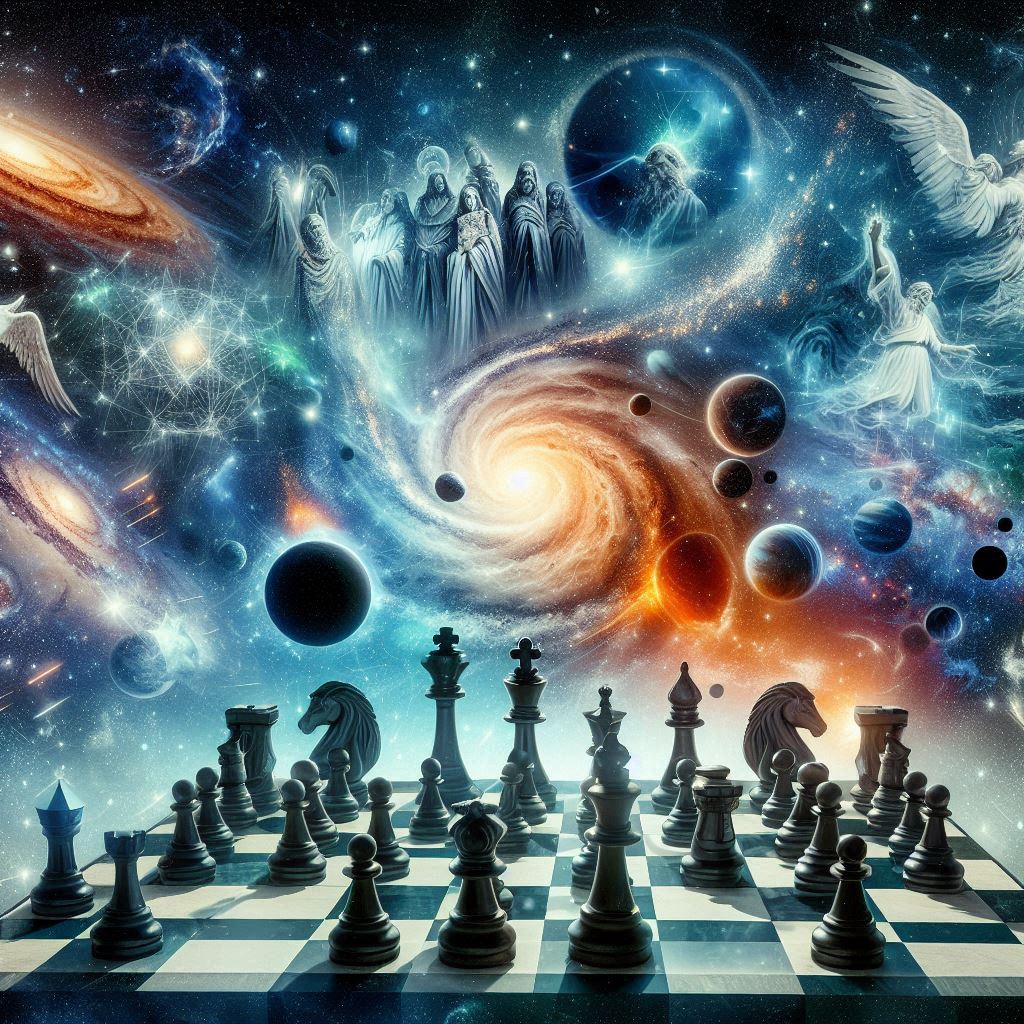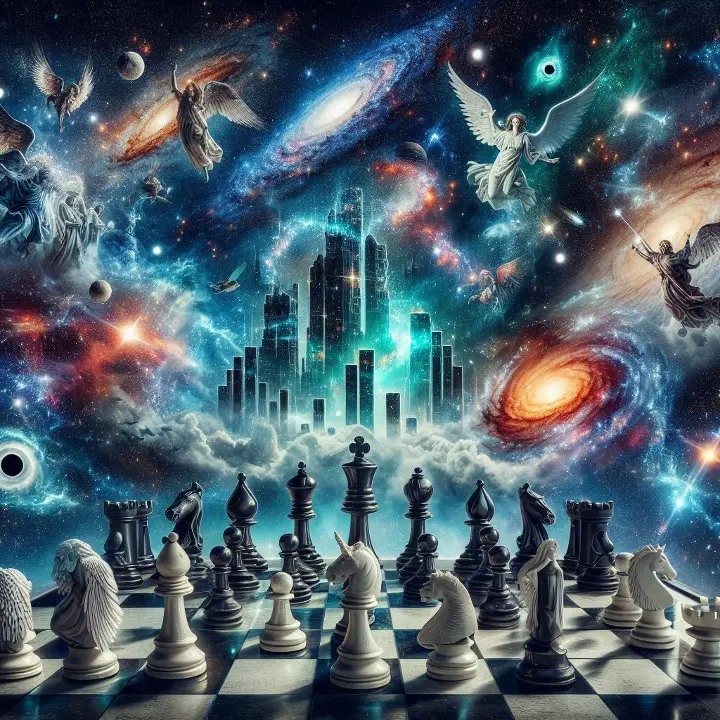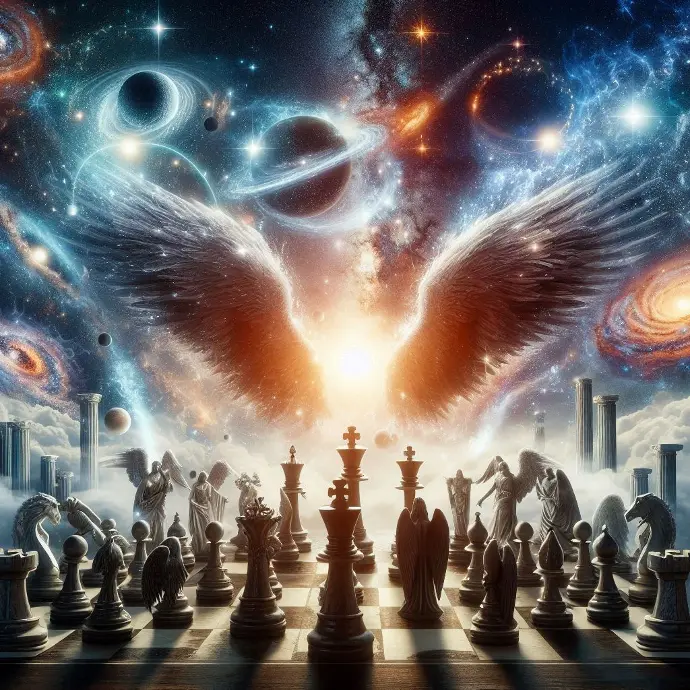Logically, a religion must act according to the capacities and limitations of the human being, integrating the human being into a creation with laws and order; a kind of "Philosophy of Everything."
It must provide a coherent view of the origin, purpose, and destiny of the soul or consciousness, without contradicting viable scientific theories about consciousness and the cosmos. The transcendence of the soul must be connected to an evolutionary purpose that fits with the nature of the universe and its cycles, if they are to be contemplated.
By simple logic; a religion that lacks internal coherence and denies basic proven principles must be reviewed, for example; a religion that sees the sun as the creator, or one that degrades the simple biological equality of human beings.
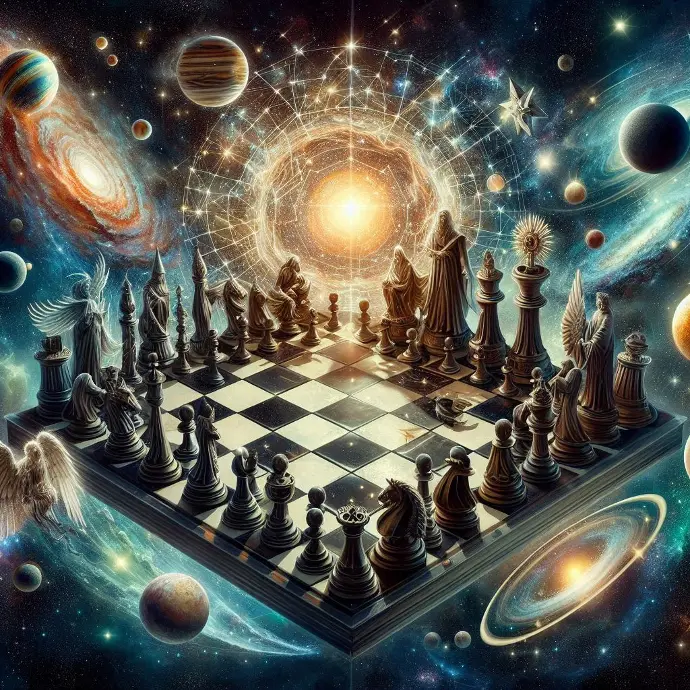
Religion should promote practices and beliefs that are aligned with neurological and psychological well-being. This means that its principles should help reduce stress, foster a sense of belonging and purpose, and support overall mental health. The spiritual practices it promotes should have a theoretical backing of positive impact on the brain, favoring neuroplasticity and cognitive development.
The method ensures that any religion must be completely coherent in its doctrines and proposals. This means that its teachings should not contradict each other, nor with the scientifically, biologically, and socially proven realities, whether present or future. Evolution must be an essential part of the human and divine purpose, with a clear objective of moral, spiritual, and intellectual growth.
